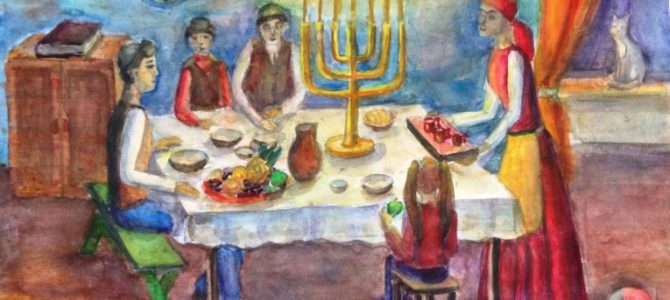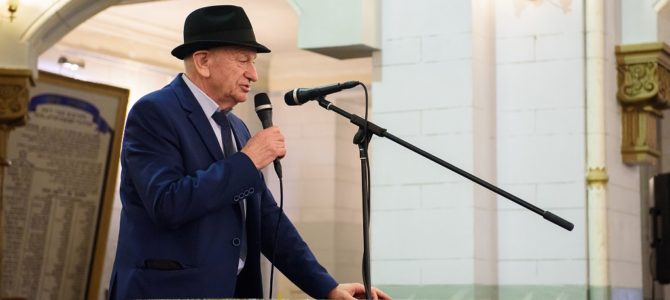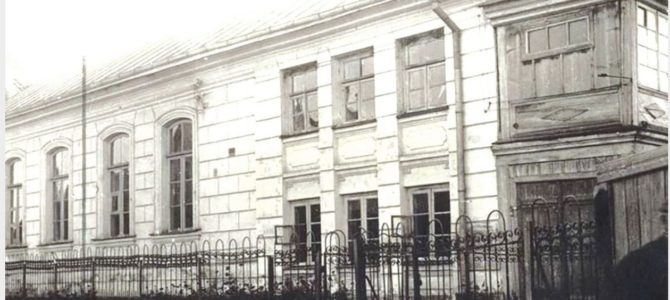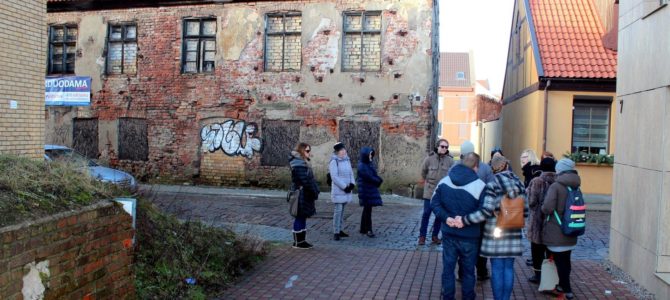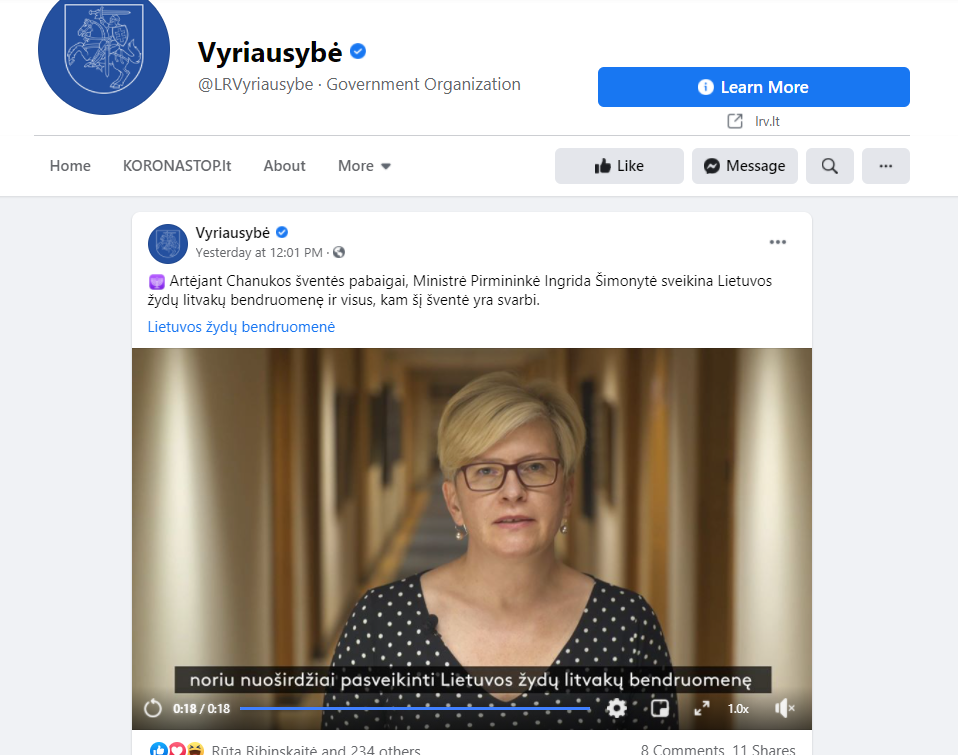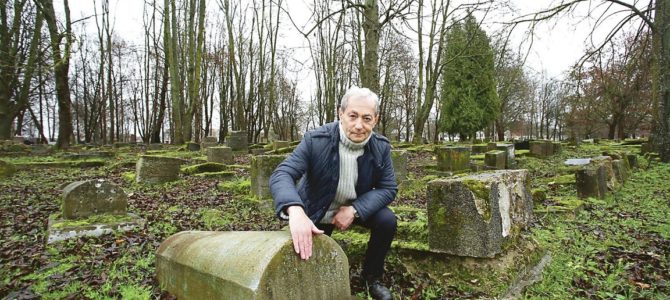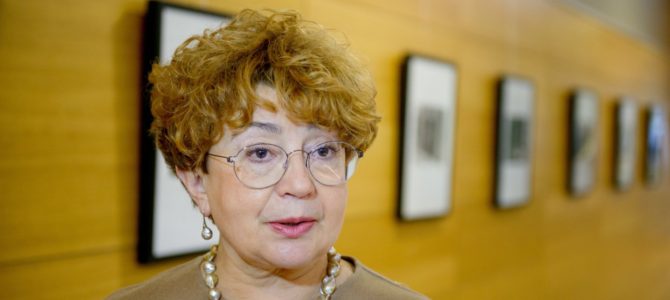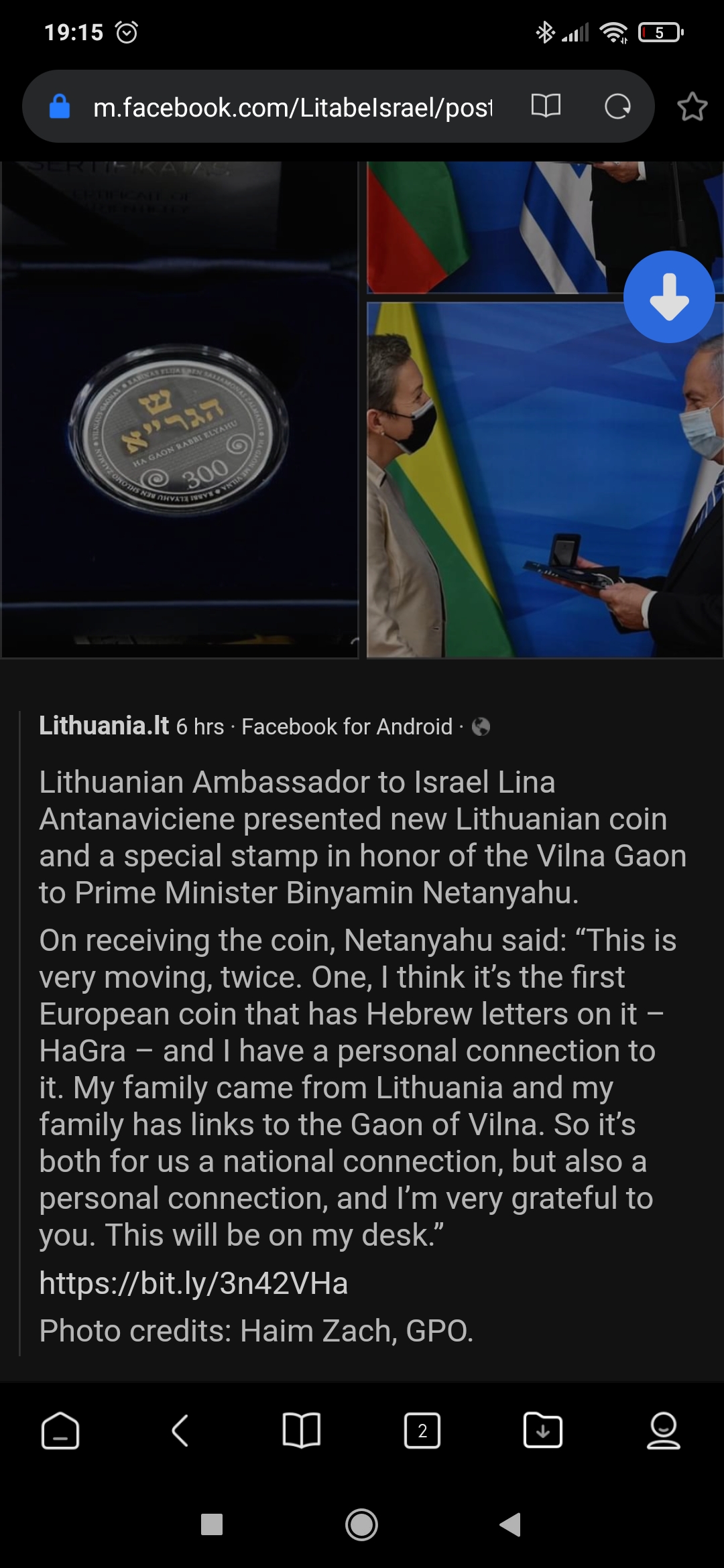Tanks next to Lithuanian Radio and Television. Photo: P. Lileikis
Aleksandra Jacovskytė, scenographer, photographer, graphic artist
Šura Jacovskytė remembers those days in January of 1991. She lived in the center of Vilnius and her friends used to gather at her apartment during those tense days and they watched events unfold together on LRT television.
“I saw and I still remember the final frames when Soviet soldiers broke into the television [studio], the image vanished and there was darkness… It was a horrible feeling,” Šura recalled. “I felt the same as everyone else did. I couldn’t believe the Soviet miasma would come back. The people of Lithuania were already different, they had got a taste of freedom, so it was impossible to go back. It was by then inconceivable to support the actions of the government of the Soviet Union, what they were getting up to, that was totally clear. Even a few months later, after the coup began, I told myself: ‘No, this cannot be…'”
Algirdas Malcas, director, Vilnius the Jerusalem of Lithuania Jewish Community
“I was at the parliament during those days. I walked every day from one site to another, and I had arrived with my dog. I used to go day and night, like a watchman’s rounds. I lived in the center so friends used to come to me to warm up. I was young then and the memories are unerasable.
